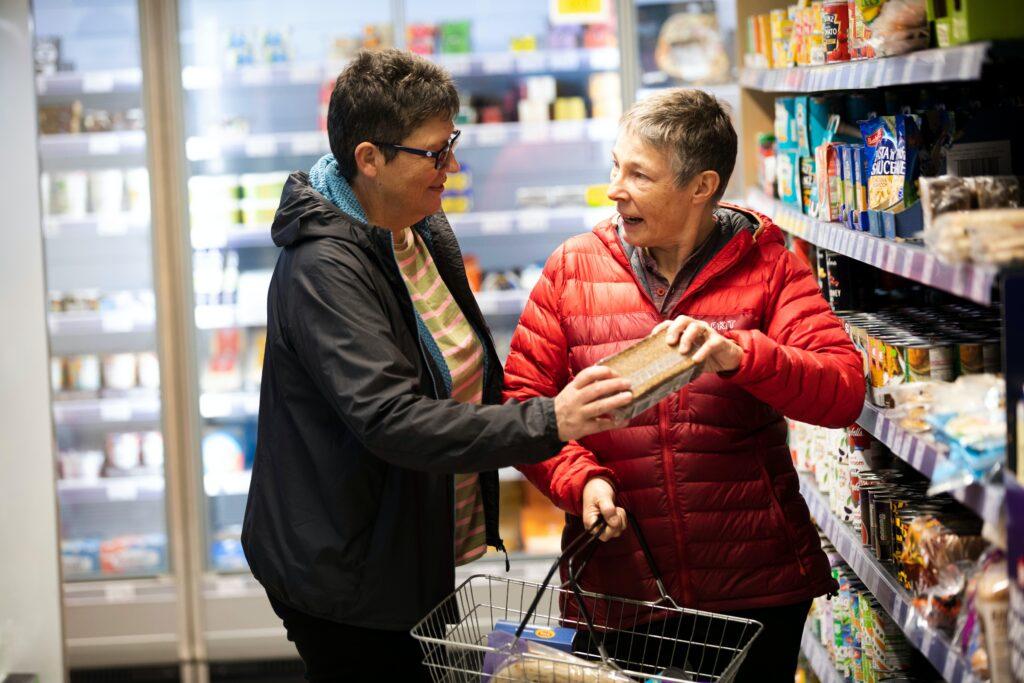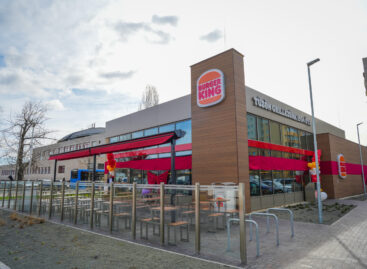More Than Two Thirds Regularly Buy Private-Label Groceries In Europe, Study Finds
Private-label products have become a ‘firm staple’ among European consumers, with 70% buying these products regularly while shopping for groceries, according to a new report.

The study – conducted by packaging solutions provider Amcor – surveyed over 3,000 grocery shoppers in the UK, France, Germany, Italy, Poland and Netherlands to understand how European consumers perceive, consider and purchase private-label products.
Half of the respondents, who actively purchase private labels due to pricing, will continue to do so, based on their satisfaction with the quality of the products, the data showed.
Cost Of Living
The rising cost of living is one of the factors influencing purchasing decisions in favour of private labels among European consumers.
The survey found that 85% of respondents ranked price as the top reason for purchasing a private-label item, while 48% cited promotions as another motivator for opting for private-label products.
Shoppers also consider the quality of private labels when making a decision, with better taste, local production and cleaner ingredients cited as top factors.
Sustainability
The demand for the category is also influenced by its sustainability credentials, the study found.
Forty-two per cent (42%) of European consumers believe that local production is an area in which retailers have been increasing their efforts.
Moreover, one third of consumers (34%) said that they have seen progress in food waste reduction, less excessive packaging, and the shift to more sustainable packaging.
More than a quarter (28%) of respondents stated that more sustainable packaging influenced their decision to buy private-label products.
However, 35% of grocery shoppers believe that more efforts are needed to use less excessive packaging and to incorporate more sustainable packaging (33%).
Eco-Conscious Shopping
Madalina Mitru, strategic marketing and value chain manager at Amcor added, “We see a growing shift towards eco-conscious grocery shopping, for both private-label and branded products. Consumers increasingly expect their preferred products to demonstrate how they are improving sustainability.
“Retailers and brands can adopt more sustainable packaging to help retain customers and demonstrate their continued commitment to driving circularity and reducing their carbon footprint.”
Related news
40 secure jobs, sustainable solutions – new BURGER KING® in Csepel
🎧 Hallgasd a cikket: Lejátszás Szünet Folytatás Leállítás Nyelv: Auto…
Read more >The top shopping use cases for generative AI are…
🎧 Hallgasd a cikket: Lejátszás Szünet Folytatás Leállítás Nyelv: Auto…
Read more >Related news
MBH Analysis Center: The Hungarian economy may accelerate again in 2026, but the Iranian war carries serious risks
🎧 Hallgasd a cikket: Lejátszás Szünet Folytatás Leállítás Nyelv: Auto…
Read more >Focus on the domestic fishing sector at SIRHA Budapest
🎧 Hallgasd a cikket: Lejátszás Szünet Folytatás Leállítás Nyelv: Auto…
Read more >







